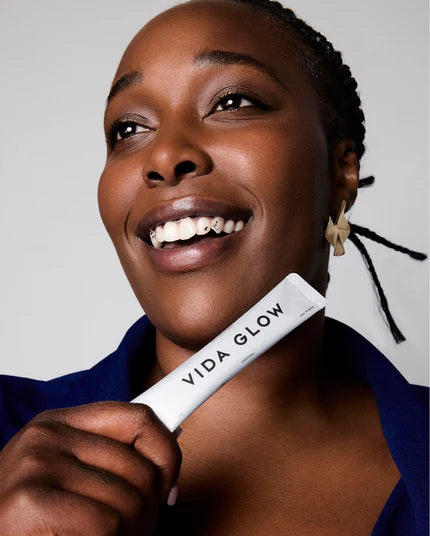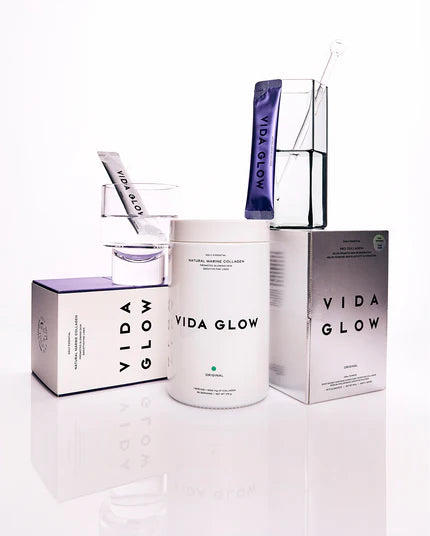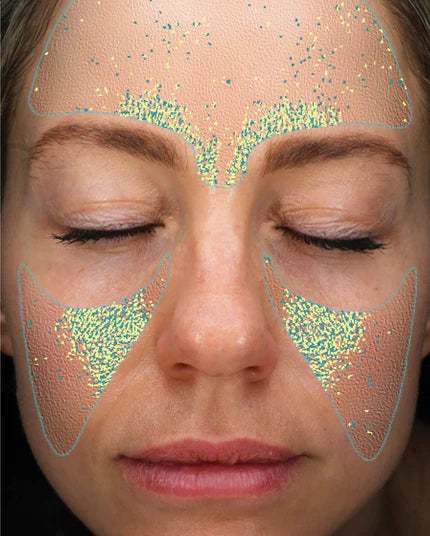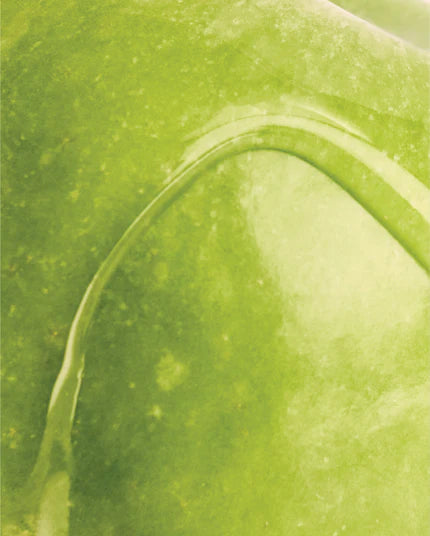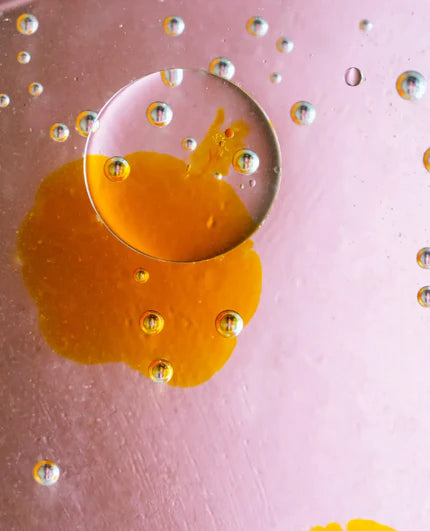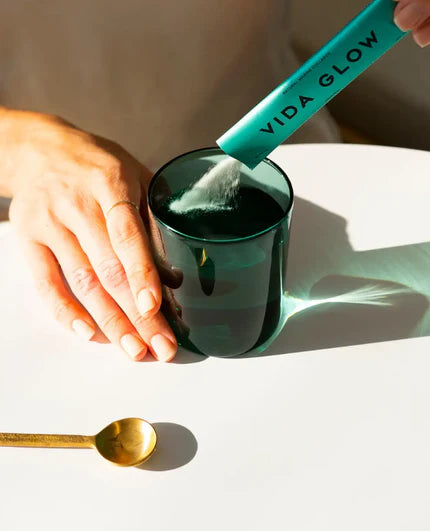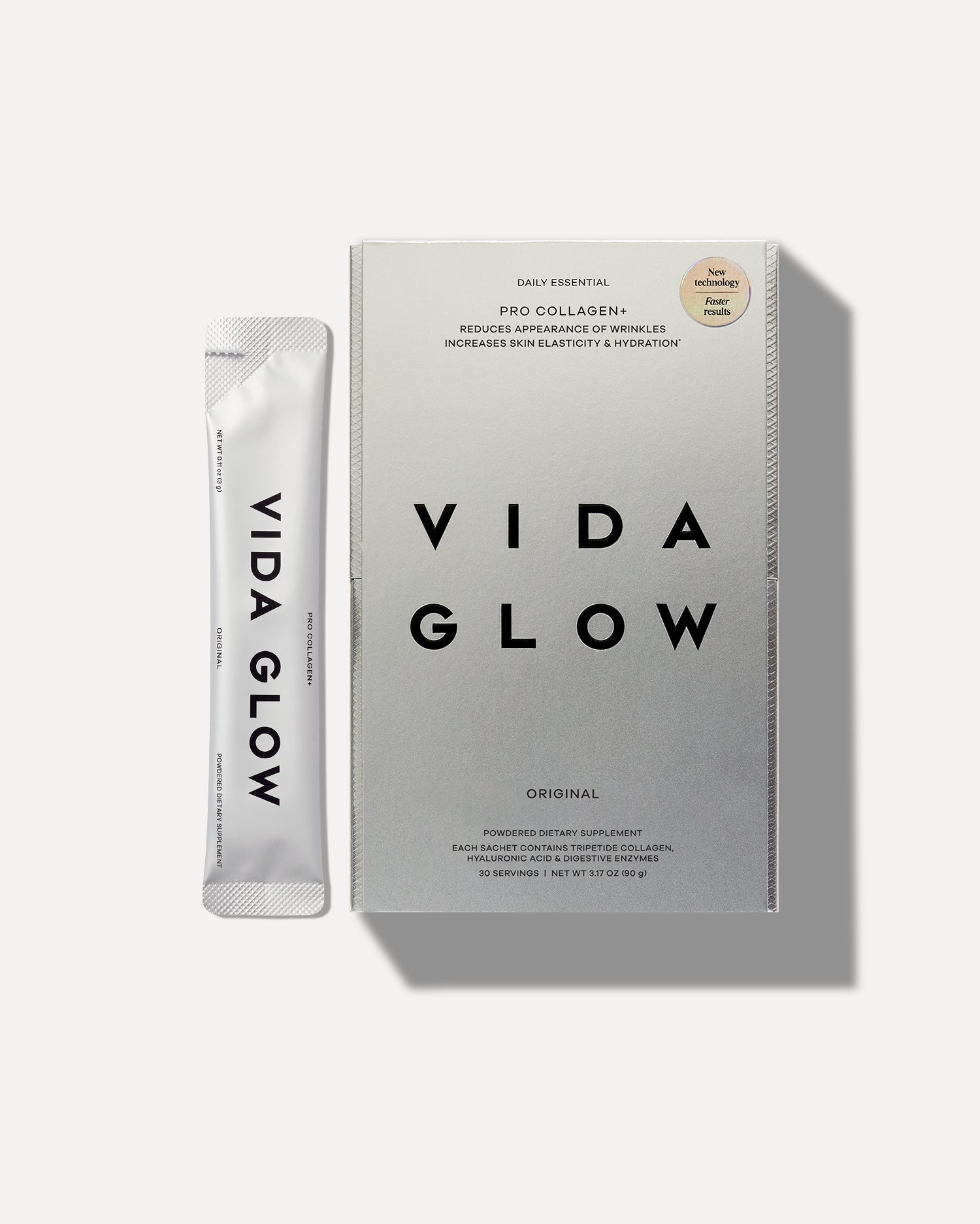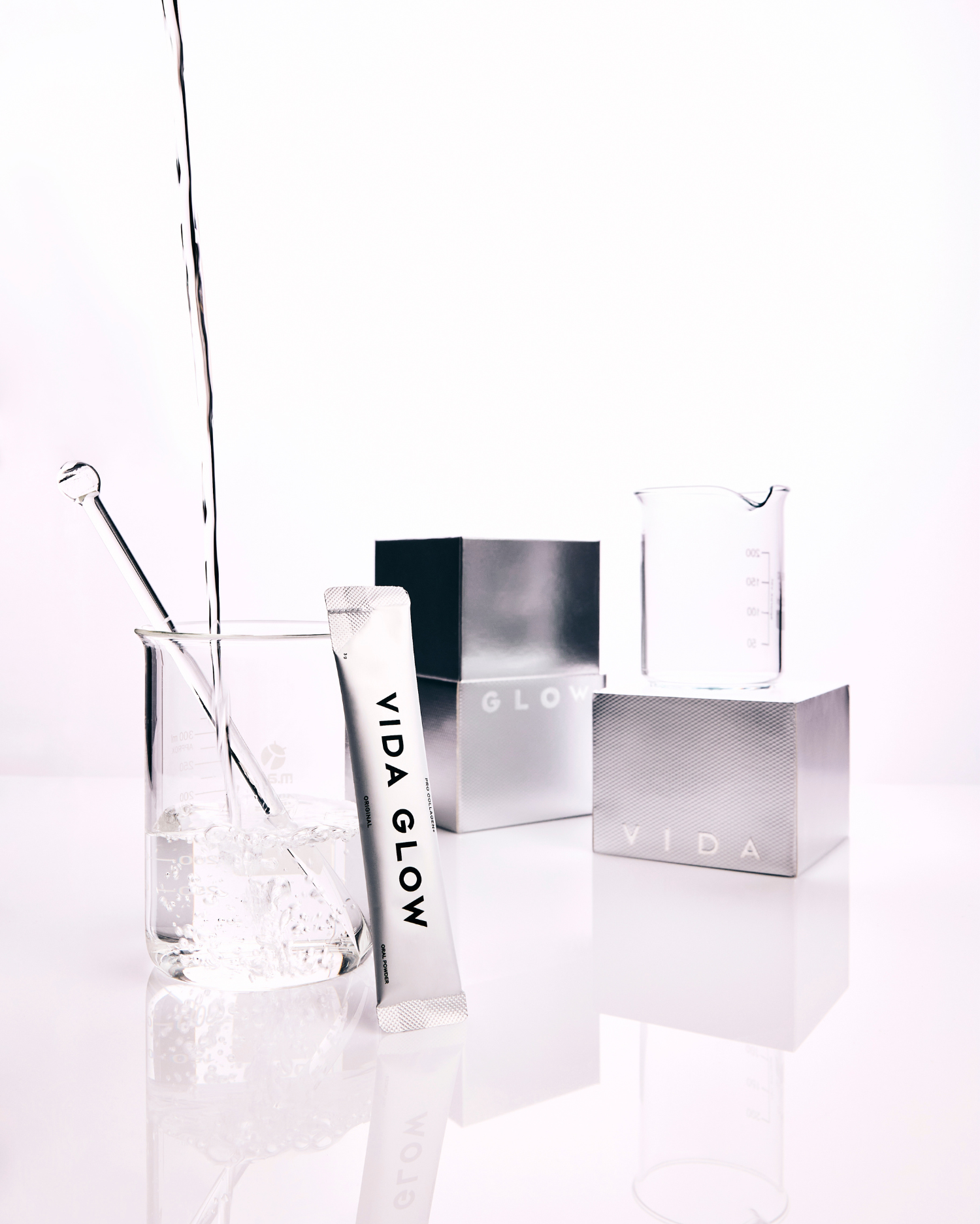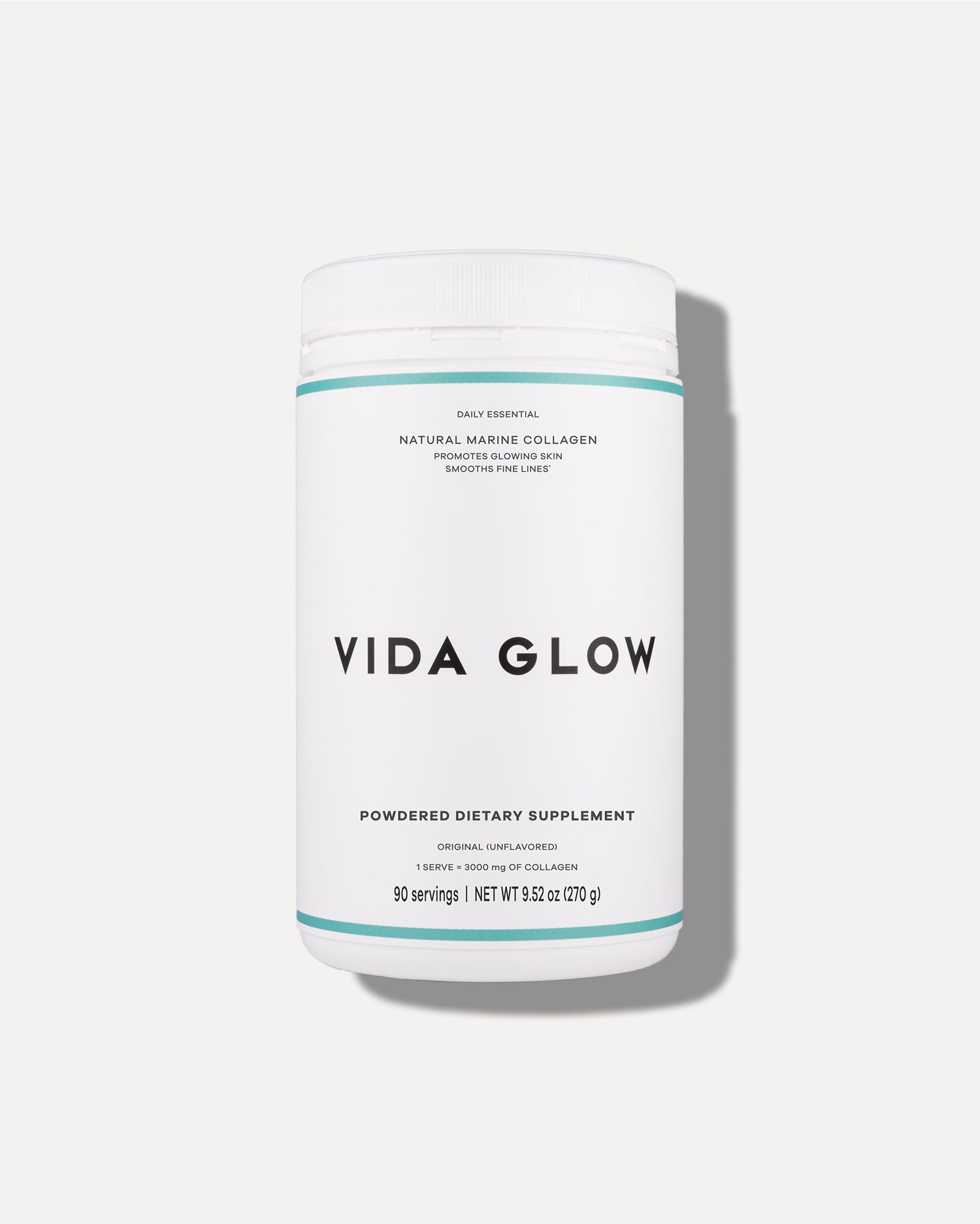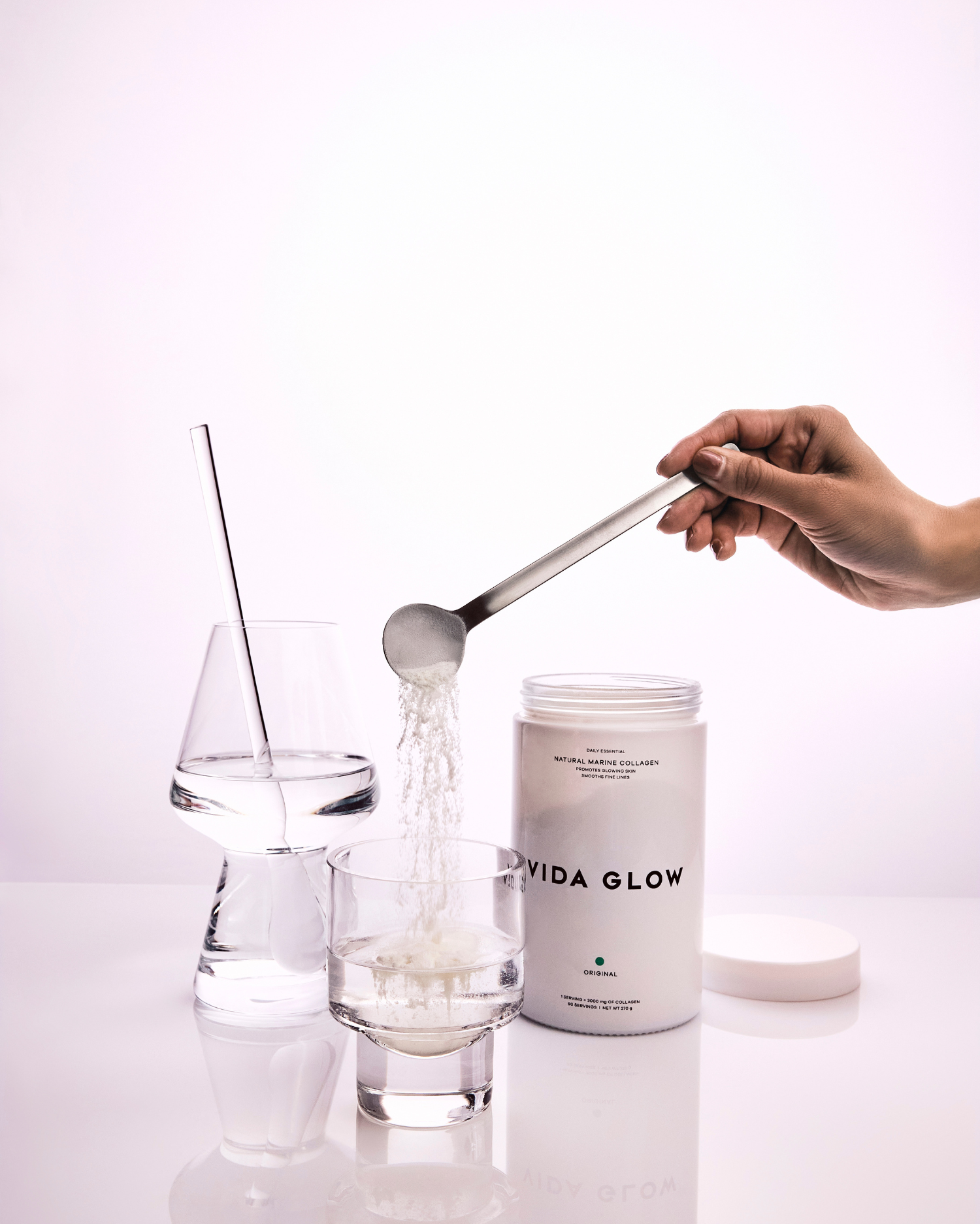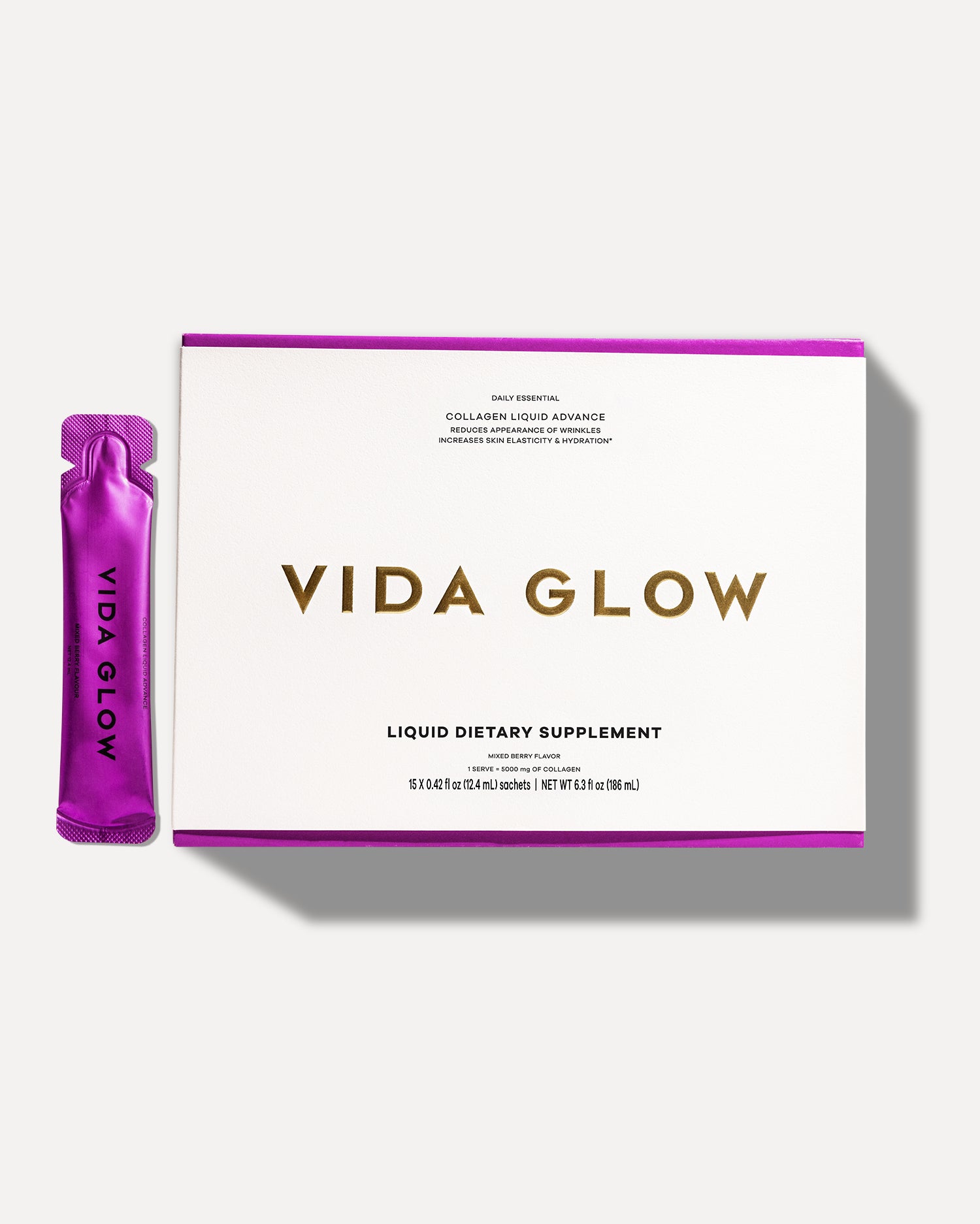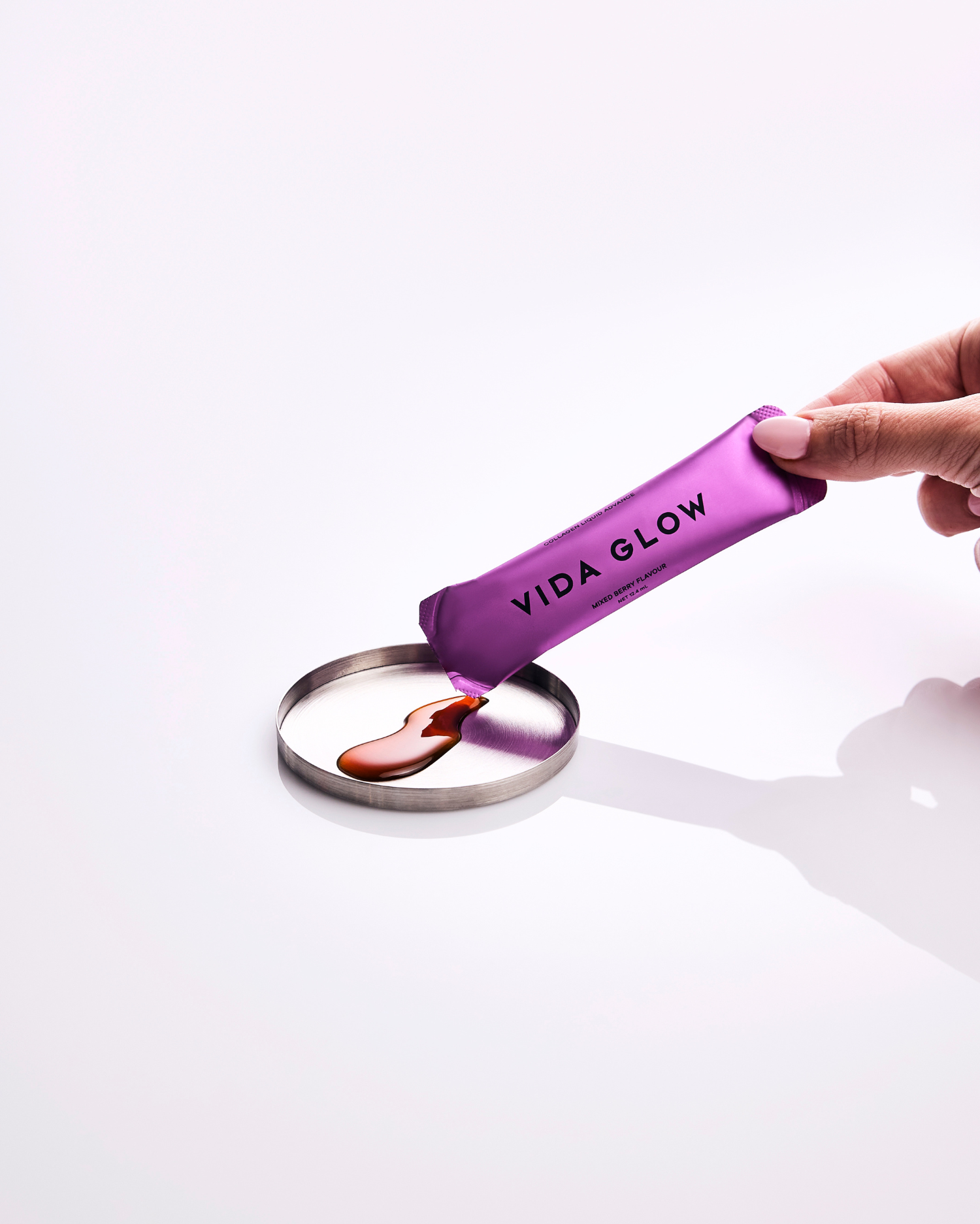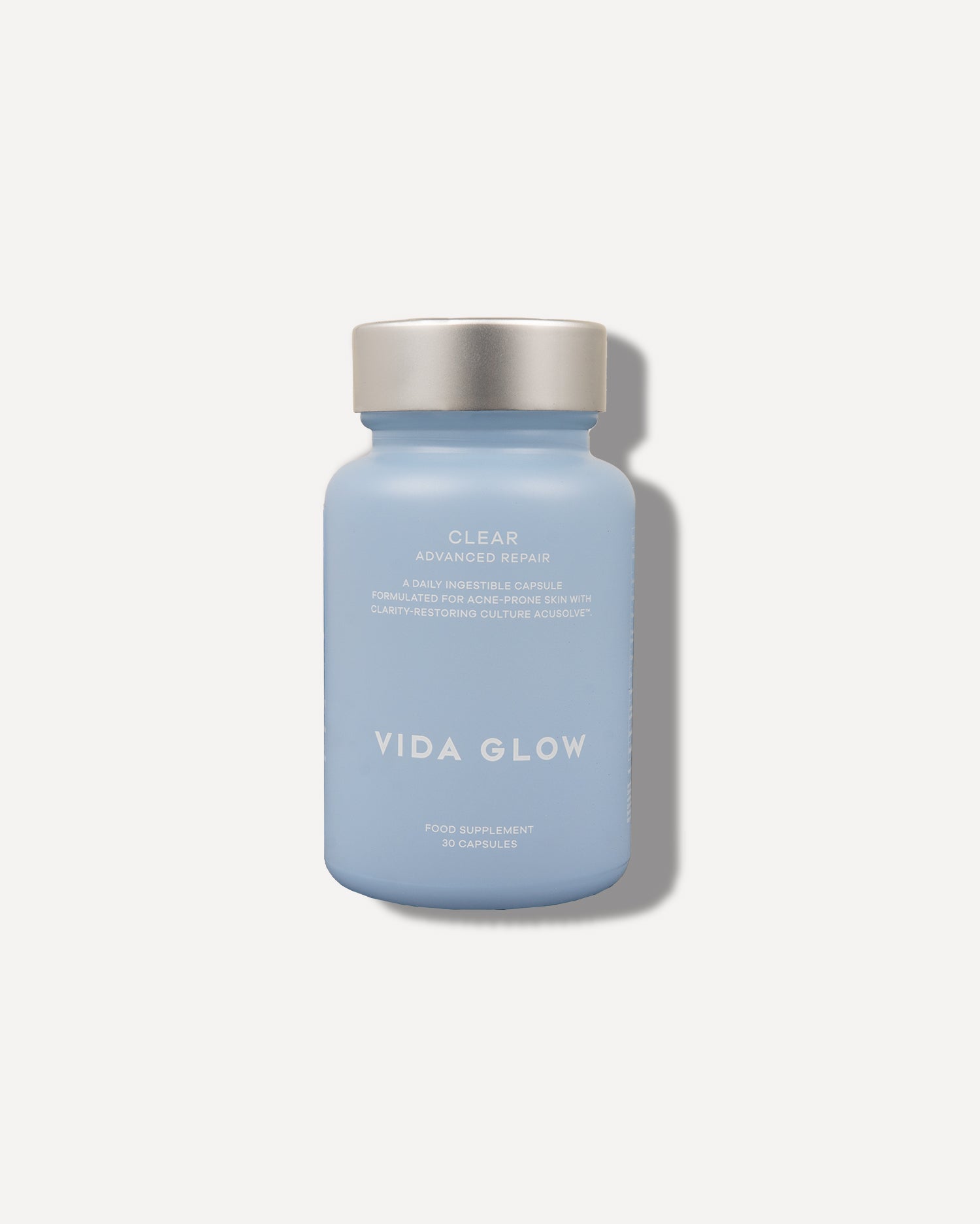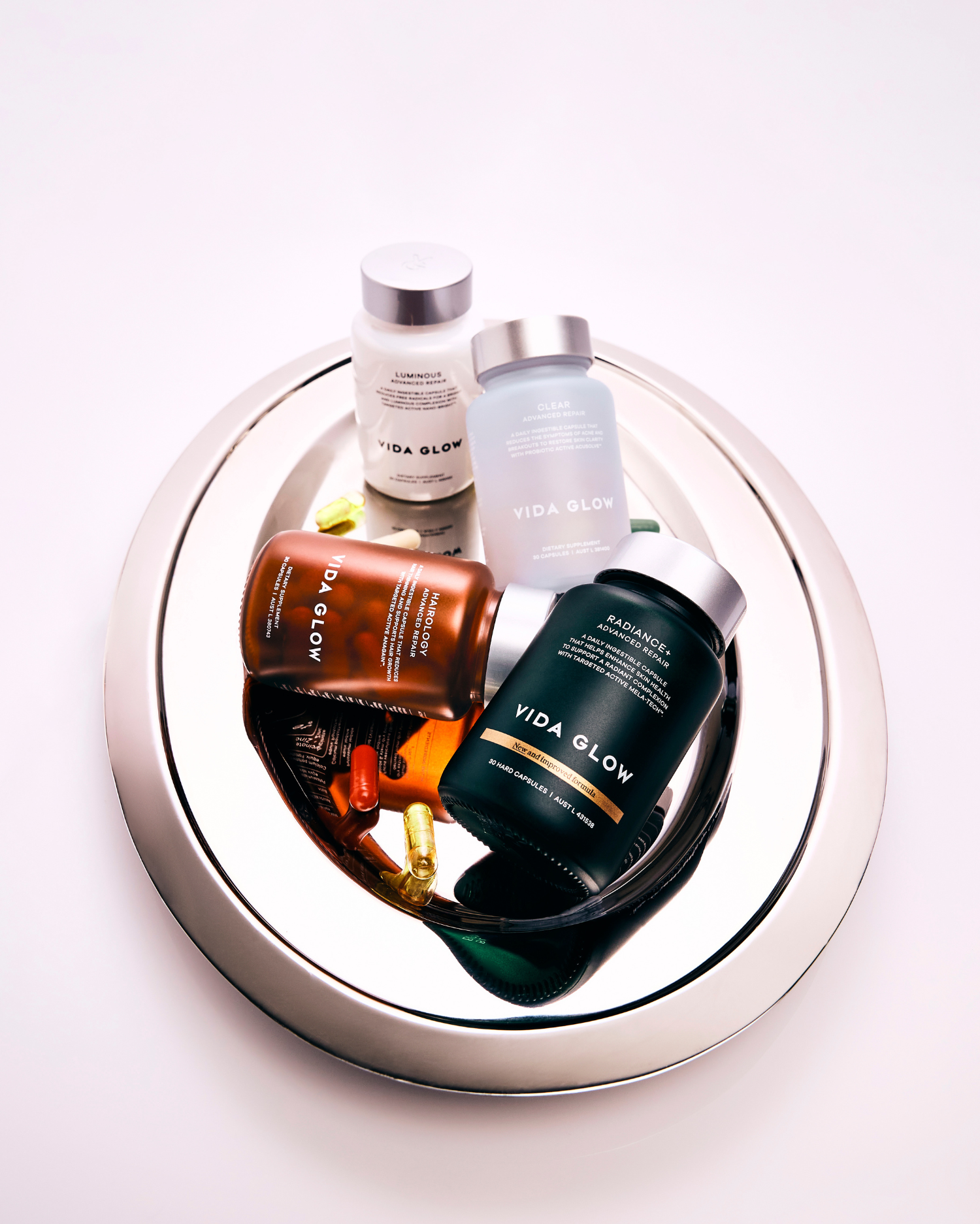Collagen supplementation is revolutionising beauty with its clinical efficacy and skin, hair and nail-enhancing benefits. But plant-based, vegan collagen is still gaining traction.
You may have seen “vegan collagen supplements” lining the beauty aisle. But the chances are they don’t actually contain any collagen at all. This is because until very recently, vegan collagen didn’t exist.
The promising plant-based collagen products you’re seeing are most likely vitamin and antioxidant-rich collagen support products. True, collagen-stimulating vegan peptide powders are so innovative, that they’re challenging to track down.
As a brand committed to real routines and modern living, Vida Glow is following vegan collagen research and development. But for now, here’s how to distinguish plant-based collagen fact from fiction.
Is there vegan-friendly collagen?
Biotech and ingestible innovation have made progress in developing a lab-grown vegan collagen. So, what is vegan collagen? Initial experiments show vegan collagen peptides and amino acids can be grown through fermentation. Instead of extracting native collagen molecules from animal sources, the collagen peptides and amino acids that stimulate collagen production are grown in a laboratory. But plant-based collagen amino acids are slow to grow, making vegan collagen powder expensive to manufacture. And expensive to buy.
So, there’s lab-grown vegan collagen supplements, then there’s plant-based collagen-supporting powders. These are often confused for containing actual collagen. Collagen peptide powders, like Vida Glow’s Natural Marine Collagen contain the peptides and amino acids of collagen to boost its production. While collagen support products contain actives which assist skin health and minimise inflammation to help prevent collagen degradation. But they don’t contain collagen or directly stimulate its production.
What ingredients are in vegan collagen?
Early samples of a vegan collagen contain pure proteins. Labs have created vegan collagen using fermentation to convert the common elements carbon, nitrogen, and oxygen into collagen.
Collagen-supporting supplements are formulated with essential antioxidants, vitamins and minerals to enhance cellular repair and protect skin against collagen-degrading environmental factors.
Is vegan collagen as good as marine collagen?
The efficacy of vegan collagen powder is yet to be substantiated with independent clinical trials – like the double-blind, placebo-controlled trials of Vida Glow’s Natural Marine Collagen.
In public knowledge, it’s also unclear which collagen peptides and amino acids vegan collagen powder contains. For example, marine collagen has the highest proportion of collagen types I and III compared to bovine, porcine and fowl collagen. By delivering collagen type I and III peptides and amino acids to the body, marine collagen is particularly beneficial to collagen, elastin and keratin production for skin, hair and nails. Therefore, it’s difficult to compare marine and bovine collagen peptides with vegan collagen supplements, and their beauty benefits.

How do vegans get collagen naturally in their diet?
Much like marine collagen, plant-based, dietary sources contain amino acids essential for collagen production. Vegan foods that contain collagen are rich in glycine and lysine amino acids are soy-based foods like tempeh, tofu and soy protein, legumes like black beans and kidney beans, and seeds and nuts. Vegetables including asparagus, mushrooms, and cabbage also contain boost proline, which improves skin elasticity and skin regeneration.
To support skin health and collagen production, increase antioxidant intake with fruit and vegetables like citrus, Kakadu plum, strawberries, capsicum and broccoli.
Can vegetarians take marine collagen?
While Vida Glow’s marine collagen is sustainably farmed and naturally hydrolysed in France, marine sources are not suitable for collagen vegetarian supplementation. Instead, formulas with skin-supporting actives like antioxidants and hyaluronic acid can help to maintain skin’s structure and repair.
Is there a vegan version of collagen?
Vegan collagen is a valuable work in progress – but it’s not yet widely available.
Instead of collagen powder supplementation, the body’s collagen production can be protected with clinically proven ingestible beauty treatments.
To prevent premature ageing and the effects of modern living on skin, skin’s health and appearance can be maintained on a cellular level with potent antioxidants and anti-inflammatory actives. By soothing inflammation, minimising Advanced Glycation End Products (AGEs) and preventing oxidative stress, collagen can be protected for a youthful complexion.
For dry, dehydrated and irritation-prone skin, ingestible hyaluronic acid is another vegan alternative to marine collagen. While hyaluronic acid’s primary function is to hydrate skin, increase moisture retention and strengthen the skin’s barrier, its water-attracting micro-molecules can plump fine lines and assist collagen and elastin production too.
While plant-based collagen needs further innovation and clinical studies, ingestible skincare is a plant-based way to enhance anti-ageing skin routines.

